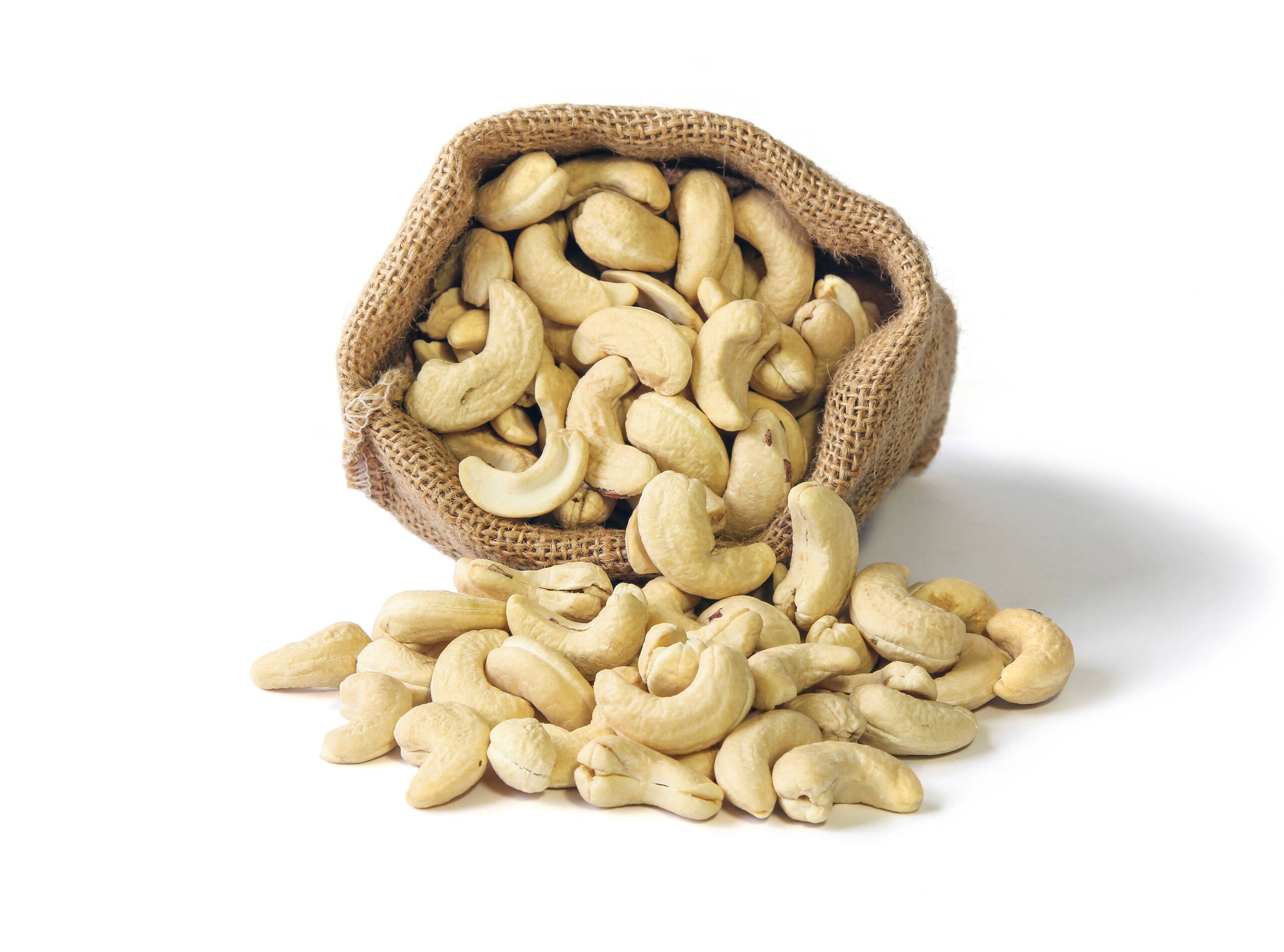Edible
Nuts - Cashew
Sourcing and Marketing of Cashews worldwide
We leverage on our extensive experience and network in the Raw Cashew sector to source and market shelled, edible Cashew nuts from all the major origins including Vietnam, India, East- and West-Africa and Brazil. We act as intermediary throughout the entire value chain from farmers to shelling processors to wholesalers, roasters, retailers and the food industry around the globe.
Our services
We source and provide highest quality cashew nuts from all
origins around the world.
We provide conventional cashews
as well as cashews certified by internationally recognized organic and fair standards.
We ensure quality, grade and size
as per international standards, by checking each product prior to shipment at origin by our quality inspectors and/or an external quality inspection company.
We bridge supply and demand. Shipping and logistics is our expertise. We vouch for timely shipping and assist with all questions during the cargo voyage and its’ import until the delivery.
Do you want to learn more?
Contact our specialist.
Mark Hipshon
Managing Director Reinhart & Co Ltd UK
The Cashew "nut"
The cashew tree is native to South America and the Caribbeans where it still grows nowadays, both wild and cultivated. Its' spread and proliferation goes back to the 16th century when the colonizing powers took this tree to Africa and South East Asia.
Botanically speaking, the Cashew as we know it is not a nut but rather the kernel of a stone fruit which in this case grows outside the fruit. The tree grows very well in tropical or subtropical climate but is also drought resistant and flourishes on well-drained sandy soils. The tree itself is an effective measure at preventing soil erosion due to its stabilizing root system.
Not only the Cashew Kernel, but also other parts from the tree are of use, such as the fruit itself which is edible and provides a high content of antioxidants, the Cashew Nut Shell Liquid (CNSL) which is a valuable ingredient in many industrial products, but also the bark and wood which can be used as natural dye and as construction material, respectively.
Cultivation of the cashew spread to many areas which had appropriate climatic and soil conditions. Nowadays, roughly ¾ of global crop is grown in India, the Ivory Coast and Cambodia.
Raw cashew nuts need to be shelled to reach the actual Kernel. This shelling is a comparably complex process because the Cashew Nut Shell Liquid is acid and needs to be handled with care and expertise.
Health benefits
Cashew nuts are:
Rich in monounsaturated fats, dietary fiber and natural proteins including arginine
A vital source of vitamins, essential antioxidants, minerals, magnesium, copper, zinc and iron
Has a low Glycemic Index (GI)
Therefore, the nut is associated with many health benefits including reducing the risk of heart disease and diabetes, healthy skin and hair, and a good metabolism.





